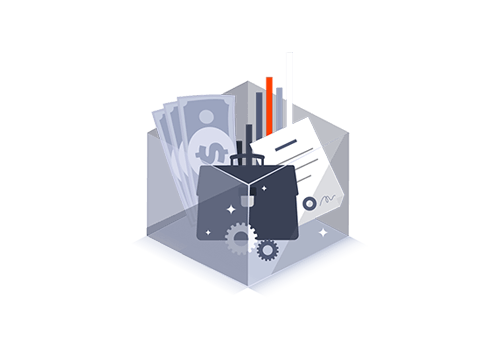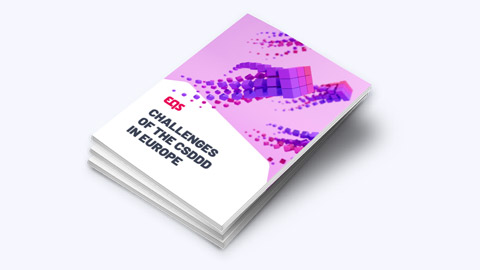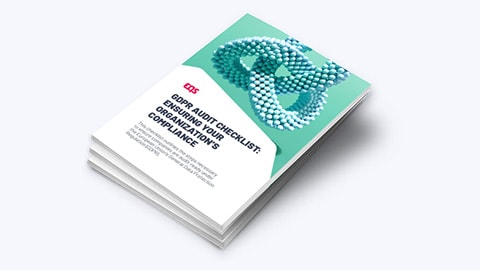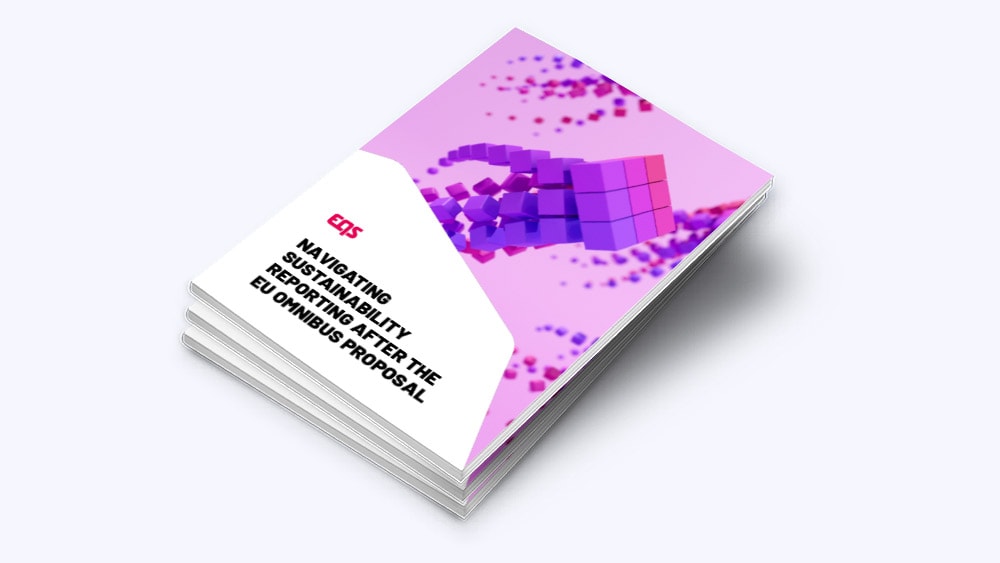Benjamin Schorn Summons Some Magic to Explain How We Get Corrupt
Benjamin Schorn held an engaging talk at ECEC 2022 where he utilised some magic tricks to explain how we get corrupt.

Narcissism, psychopathy, greed. These are some of the most obvious character traits that explain why people get corrupt. For founder and director of the Institute for Governance & Psychology Benjamin Schorn, however, it was more important to explain to the audience at the European Compliance and Ethics Conference 2022 how an average person without such negative traits becomes corrupt. To outline this effectively, Benjamin took an unusual and innovative route: he reached into his pocket and unveiled a deck of playing cards to help tell the story.
A worker with strong ethical principles
To fully understand how Benjamin harnessed his impressive magic skills to explain how corruption can impact a clean person with strong ethical values, we highly recommend watching his video session for the full (and magical) experience.
Putting the deck of cards aside, it is possible to nonetheless grasp the key takeaways from his session. You have to imagine a hypothetical finance worker with a clear conscience who has never engaged in any form of illegal activity and who places strong faith in rules and regulations.
An approach from his direct superior where he is asked to change financial figures in a presentation triggers a moral response where he questions the instructions. Upon hearing that his superior will take responsibility for any repercussions, the worker complies with the request and carries it out despite his feelings of unease.
The normalisation of alarming behaviour
The pattern continues week after week until the worker is asked to go a step further and manipulate financial numbers in a report. He also complies with this request. What is remarkable about this move is that it has become both comfortable and natural – business as usual.
What has just occurred is rationalisation, one of the brain’s superpowers. In neurobiological studies, scientists found out that if we lie or engage in bad behaviour, the amygdala or part of the brain controlling anxiety, gives us an uncomfortable feeling warning us that we did something wrong and not to repeat it.
However, if the lies or incorrect behaviour continue, the uncomfortable feeling from the amygdala will fade away as the brain gradually comes to the realisation that there will not be any negative consequences. The power of rationalisation will tell the worker engaging in repeated wrongdoing that he is still a good person with a clean slate and nothing to worry about.
Understanding fraud
The media tends to portray the vast majority of fraudsters as having obviously negative character traits but in reality, most of them are normal workers like the example above who get deeply embedded and irretrievably lost in a web of bad behaviour. Normally, such red flags are only detected after wrongdoing has already occurred, and this is not good enough. As a result, it is fundamentally important to understand how normal and decent workers can become corrupt.
For Benjamin Schorn, understanding this process is all about shifting the perspective and he creatively explained it at the ECEC by utilising a white card to symbolise decency and morality within a full playing deck of numbered cards that represent an environment of wrongdoing. For the average worker, consistently falling back on that clean white card comes to represent rationalisation and a mechanism for the justification of even more wrongdoing.
Conclusion
Benjamin’s innovative card-based approach was warmly received by the ECEC 2022 audience and behavioural science expert Christian Hunt asked him about it during a backstage interview. Benjamin started experimenting with card tricks during the Covid-19 pandemic as a way to help deal with the crisis before realising that he could apply his new skill to trainings. The cards could be leveraged to change an audience’s perception on the issue, allow them to see the magic and, ultimately, to create a much better training experience.
For companies, there are a number of effective strategies that can be employed to prevent corruption. A strong tone from the top should focus on the importance of ethics and transparency while a far-ranging anti-bribery and corruption programme should also be pursued with regular training sessions for staff. Modern compliance tools such as a digital whistleblowing system are also highly effective in deterring corruption in addition to limiting the fallout once it actually occurs. You can find everything you need to know about how to build an effective anti-bribery and corruption programme here.
Benjamin is working on a book called “Greed, Power, Shame” which will be available later this year, initially in the German language.

Key principles of establishing an effective ABC programme





